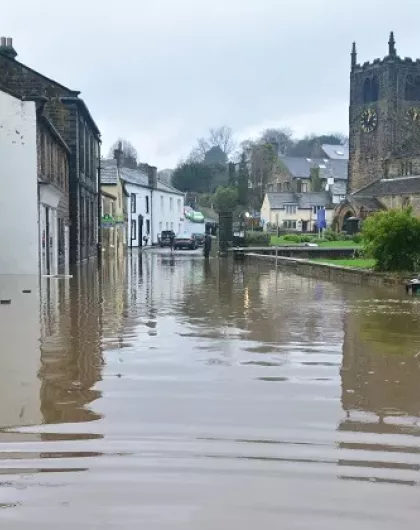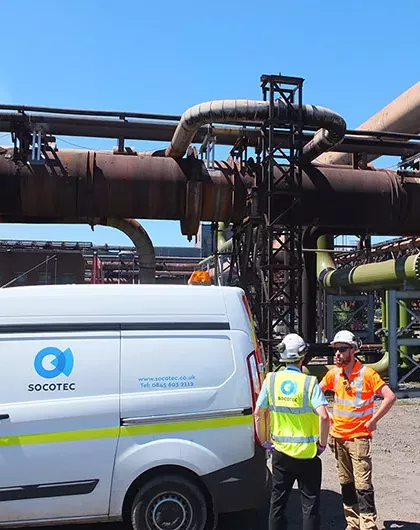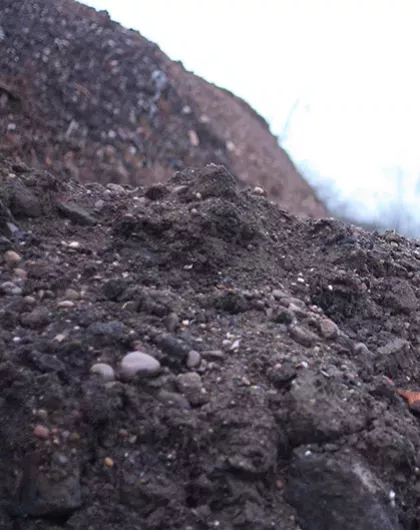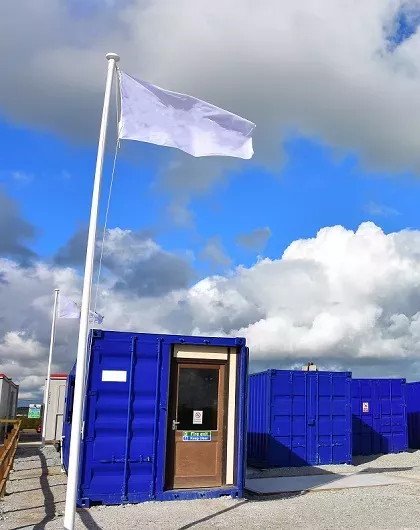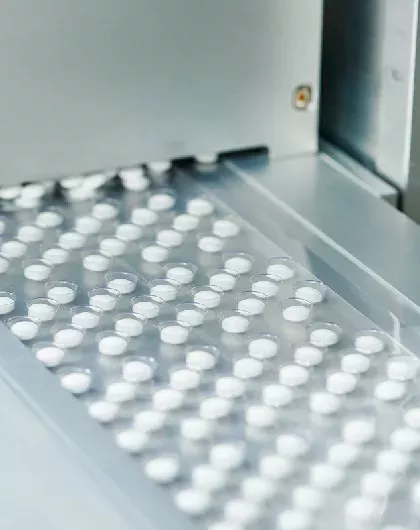SOCOTEC provides a comprehensive coal tar testing suite designed to correctly identify the presence of coal tar and distinguish between product types and their varying degrees of hazard.
Coal tar and many coal tar distillates, contain complex combinations of hydrocarbons (polyaromatic hydrocarbons (PAHs), alkyl PAHs, cresols, phenols, carbazoles) as well as hetrocyclic oxygen, sulphur and nitrogen compounds.
The potential hazards posed by coal tar are due to the high levels of PAHs present, some of them (such as benzo (a) pyrene) are known carcinogens.
Past and Present Uses of Coal Tar and Coal Tar Distillates:
- Road construction and maintenance (in the UK prior to 1980)
- Roofing materials
- Feedstock for the chemical industry (production of dyes or creosote)
- Fuel for blast furnaces in the steel industry
- Binding agent in the production of carbon electrodes
- Medical applications
Coal tar and bitumen are chemically different products with different degrees of hazard. The concentrations of PAHs can be very high in coal tar, but extremely low in bitumen. SOCOTEC’s testing suite discriminates between the different product types (coal tar pitch, coal tar creosote, bitumen and heavy fuels).
SOCOTEC’s Coal Tar Testing Suite Includes:
- Dichloromethane (DCM) extractable matter
- SVOCs quantification including:
- EPA PAH16 plus coronene
- Phenols
- Forensics SVOC analysis
- Identification of alkylated PAHs:
- Phenols
- Biomarkers
- Senior chemist interpretive report
SOCOTEC’s testing facilities are accredited by UKAS to ISO 17025 for a selection of sampling and testing methods. A listing of our accredited activities can be found in our schedule of accreditation – 1252.

Talk to our experts
Want to find out more about SOCOTEC's Environmental Science services?
You might also be interested in:
Other news






